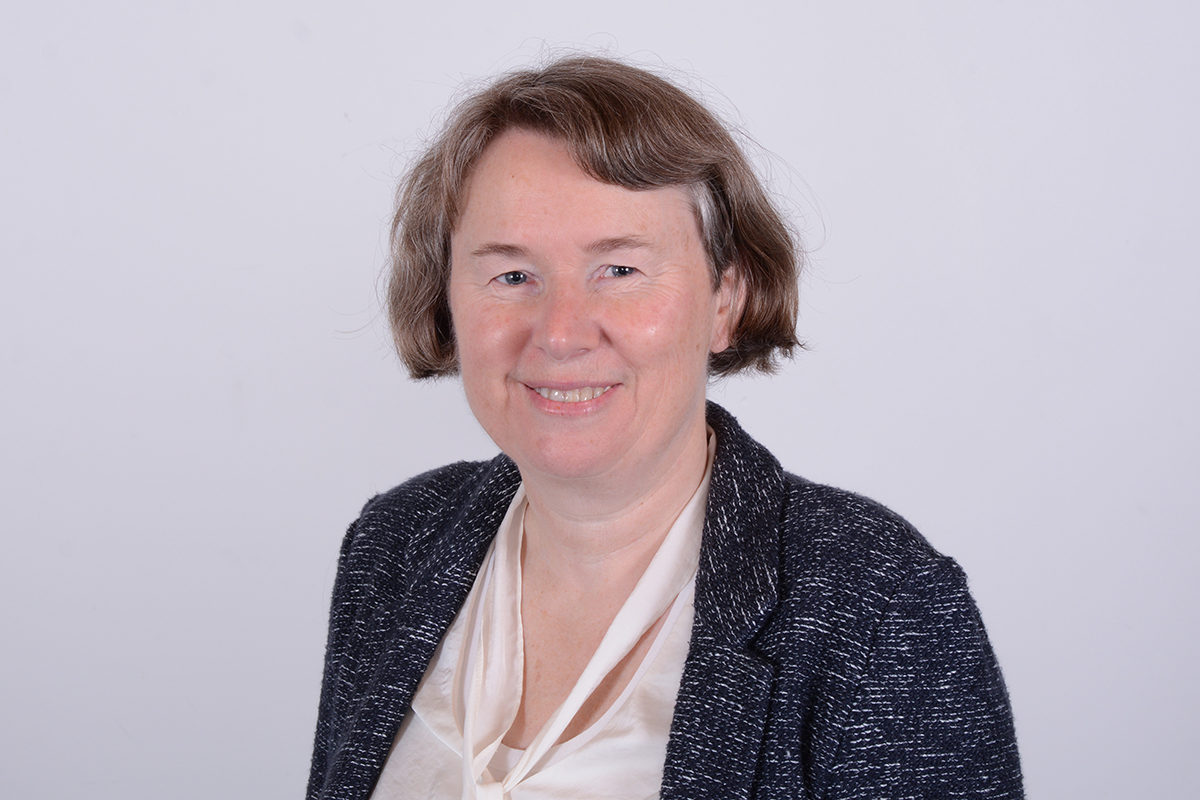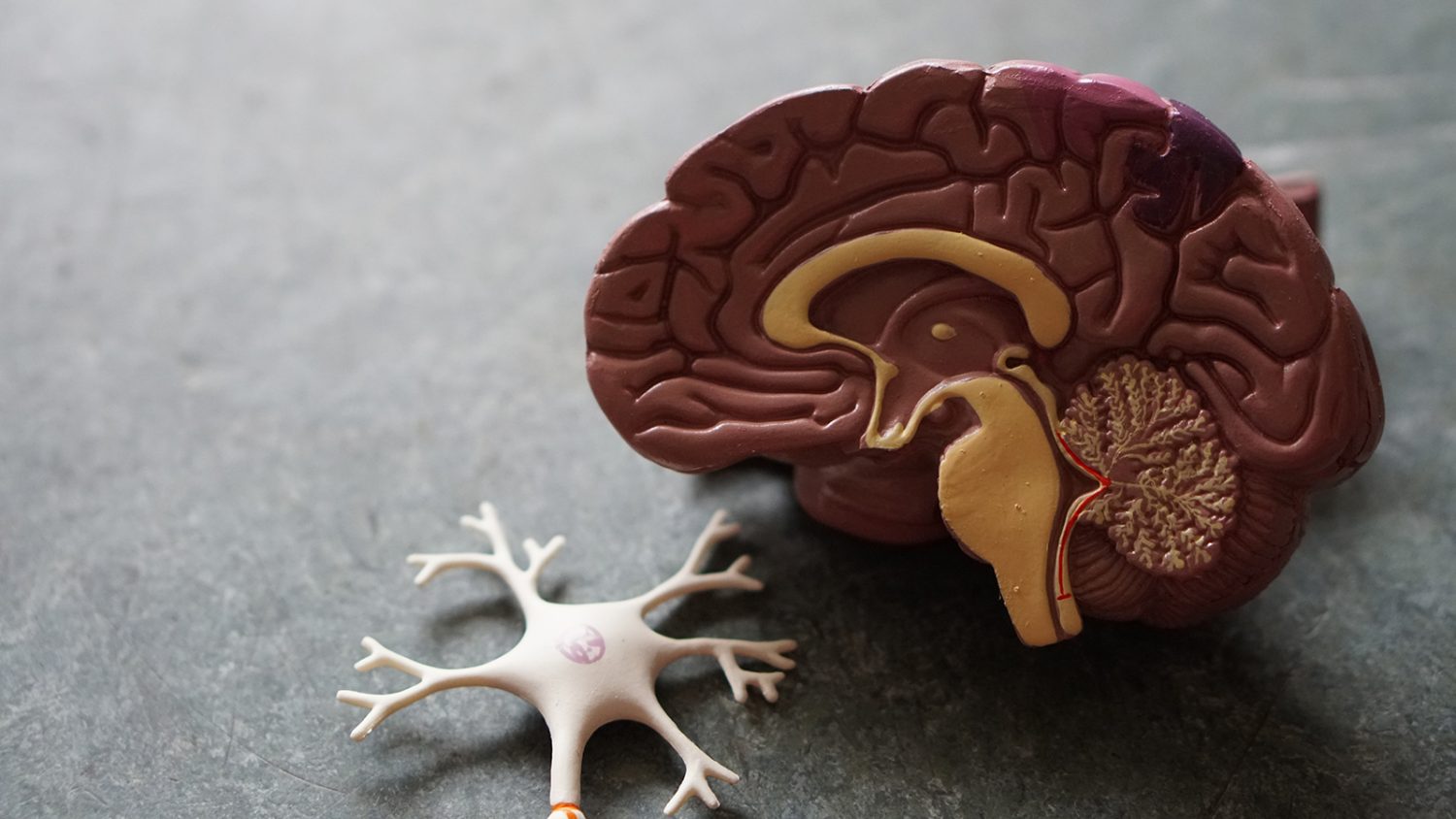What do you do when a family member is diagnosed with dementia? This is a question more Pacific families are having to face.
Though they remain a youthful group — almost half of Aotearoa’s Pacific people are under 20 — its population is also ageing at a relatively fast clip too. Not only will more Pacific people suffer from dementia in the next few decades, but there is also the suggestion that they may be experiencing cognitive impairments at younger ages than New Zealand Europeans.
This project, co-funded by Ageing Well and Brain Research New Zealand, sought to examine the services available to support Pacific families looking after a loved one with dementia.
Principal Investigator Professor Pauline Norris, of the University of Otago, wanted to know what are Pacific families’ “unmet needs”— that is, when health and social service assistance is inadequate or absent — when dealing with the fallout of dementia.
Not only will more Pacific people suffer from dementia in the next few decades, but there is also the suggestion that they may be experiencing cognitive impairments at younger ages than New Zealand Europeans.
Looking at what information and services are currently available to Pacific peoples, this project worked with stakeholders across Aotearoa New Zealand — dementia services, medical centres, in-home services, volunteer organisations and NGOs — to identify what steps could be taken to improve support.
Pacific peoples in NZ have identified clear aspirations for thriving communities who are resilient, healthy and with strong ties to identity, language and culture. Older Pacific people play a key role as leaders in language and culture for their extended family and beyond, healthcare providers and support services indicated the needs of older Pacific people experiencing cognitive decline were often not being met.
By identifying the challenges facing Pacific peoples navigating the health care sector, changes can be made to ensure greater accessibility, communication, and support as they help their loved ones navigate life with dementia.

Ageing Well Principal Investigator Professor Pauline Norris
Three areas of particular concern were identified by all of the participants. Access to services, getting a diagnosis, and communication and language.
What the study discovered was that many Pacific people experienced a lack of information and therefore access to services. Diagnosis was often made difficult by inconsistent access to general practitioners in lower socio-economic areas and long wait times. Lack of information in Pacific languages that incorporated a Pacific world view made communication more difficult. There was also a lack of health workers across all sectors who spoke Pacific languages, and understood Pacific peoples’ cultural needs.
By identifying the challenges facing Pacific peoples navigating the health care sector, changes can be made to ensure greater accessibility, communication, and support as they help their loved ones navigate life with dementia.
*This research was jointly funded by Ageing Well and Brain Research New Zealand
{brain photo: Photo by Robina Weermeijer on Unsplash}

